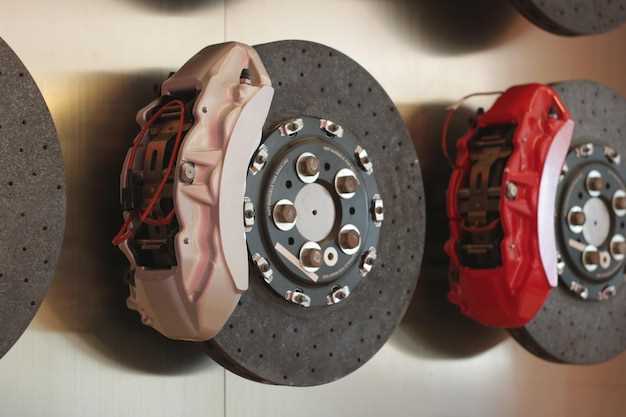
Maintaining your BMW is crucial for ensuring optimal safety and performance. One of the key components that directly affects your vehicle’s braking system is the brake pads. Over time, these pads wear down and may require replacement to keep your car functioning properly.
Ignoring the signs that your BMW needs new brake pads can lead to compromised safety on the road. Audible indicators, such as squeaking or grinding noises, are typically the first alert that your brake pads are wearing thin. These sounds serve as a reminder that timely intervention is necessary to avoid more severe damage to your braking system.
In addition to noise, you may also notice changes in your vehicle’s braking performance. A longer stopping distance or a spongy brake pedal can signal that the brake pads have deteriorated beyond safe limits. It is essential to address these issues promptly to ensure your BMW remains reliable and secure on every drive.
Unusual Noises When Braking
If you own a BMW, you should be attentive to any unusual noises that occur when braking. Healthy brake pads should operate quietly, but if you hear grinding, squeaking, or squealing sounds, it may indicate that your brake pads are worn out and need replacement. These sounds can compromise your vehicle’s safety and overall performance.
Grinding noises typically mean that your brake pads have worn down to the metal, which could damage your rotors if not addressed promptly. Squeaking, on the other hand, often signifies that the pads are becoming less effective and require inspection. Ignoring these auditory warnings can lead to more severe issues, affecting both your BMW and your safety on the road.
To ensure the longevity of your braking system and maintain optimal safety, pay attention to any changes in sound. If you notice any unusual noises when braking, it is wise to consult a professional mechanic for an assessment. Adequate maintenance will help preserve the integrity of your brake pads and ensure a safe driving experience.
Increased Stopping Distance

If you notice that your BMW requires more distance to come to a complete stop, it’s a crucial sign that the brake pads may need replacing. This increase in stopping distance can significantly impact your safety on the road. Worn brake pads lose their effectiveness, leading to diminished braking power. The result is a delayed response when you apply the brakes, which can be dangerous in emergency situations.
Brake pads play a vital role in ensuring your vehicle comes to a halt efficiently. When they become thin or damaged, the friction necessary for effective braking is reduced, causing your BMW to take longer to stop. Regularly monitoring your brake pads and addressing issues promptly is essential for maintaining optimal safety levels. Ignoring the signs of wear can lead to more severe problems, including brake failure.
Knowing the warning signals for brake pad wear, such as increased stopping distance, empowers you to take necessary action and ensure your BMW performs safely on the road. Prioritizing the maintenance of your brake system ultimately safeguards both you and other road users.
Warning Lights on the Dashboard

The dashboard of your BMW is equipped with various warning lights designed to alert you when maintenance is necessary. One of the most critical indicators is the brake warning light. When this light appears, it suggests that there may be a problem with your braking system, potentially including worn brake pads.
If the brake warning light illuminates, it’s crucial to investigate the issue immediately. In many cases, this signal indicates that your brake pads have reached a level of wear that could compromise your safety. A visual inspection often reveals the condition of the pads, but relying solely on the dashboard indicator ensures you address any underlying problems without delay.
Some BMW models also feature a specific light for low brake pad thickness. This alert is engineered to activate once the pads have worn down to a certain point, providing you with advanced notice that replacement is necessary. Ignoring this warning could lead to decreased braking performance and potentially more significant damage to your vehicle.
In addition to the brake warning light, it’s important to pay attention to any unusual sounds when applying the brakes. Squeaking or grinding noises often accompany the warning lights, signifying that the pads are no longer effective and require immediate replacement to ensure optimal performance and safety.



